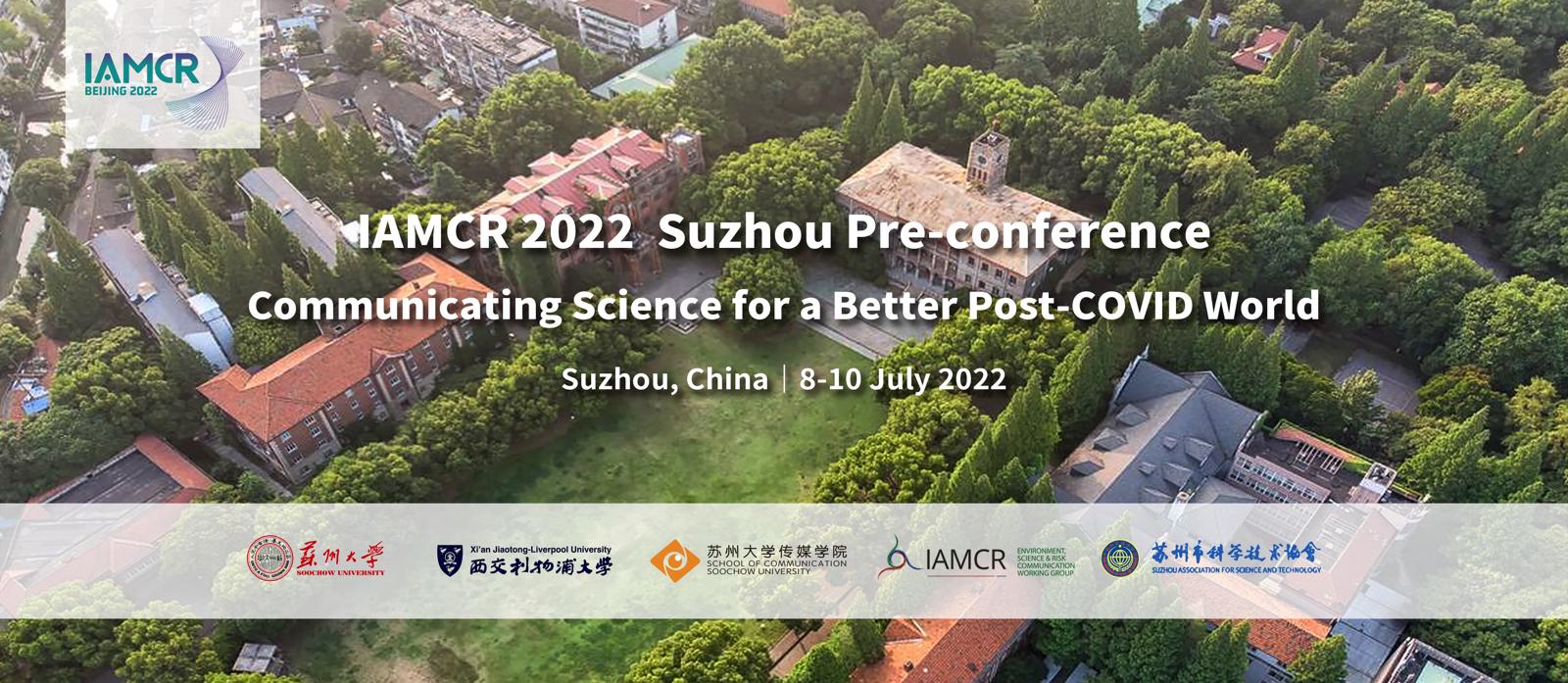The public’s doubtful opinion and China’s vaccine hesitancy leave the early implementation of China's COVID-19 vaccine on the ropes. News Release Conference, a bond between the government and the public, proves an effective platform in terms of managing people being vaccinated. Taking the Press Conference of the Joint Prevention and Control Mechanism of the State Council as one example, this paper explores what the government said to mobilize the unvaccinated based on Fairclough's three-dimensional discourse analysis framework and a dialogic theory of public relations, and further analyzes the ideology contained in the discourse. This paper analyzes factors such as figures of speech, metaphors, personification, mood, classification systems, and the meaning of words. In this regard, it finds that according to commitment, proximity, empathy, risk, and symbiosis, a five-dimensional framework, 1) the government spokesperson's discourse presents easy-to-understand data to emphasize the safety, effectiveness, and abundance of vaccines, reaching an understanding with the public at large; 2) calling the public friendly bridges the gap between the government and the public, enabling an immediate dialogue wherever they are; 3) by putting the government in the high risk group’s shoes, the government speaks more positively, and it also responds to hot issues, realizing the emotional connection with the public; 4) ambiguous words and positive macroscopic data are used to mitigate the risks in the dialogue; 5) in the pursuit of mutual trust and cooperation, the government makes the significance of vaccination national and social to encourage people to get jabbed. Adding it all up, to increase the public's willingness to vaccination, the government focuses on the positive utility of the COVID-19 vaccine, emphasizes positive vaccination data in the macro sense, builds its accessible public image, and downplays the potential, negative effects. From the analysis of discourse practice, moreover, this paper discusses the message sources by analyzing their intertextuality, finding that discourse from expert sources dominates the whole news conference, while other sources are in small quantity. A further analysis of sociocultural practice informs us that collectivism and elitism are implied in government discourse. The ideology of collectivism is reflected in government discourse that makes one size fits all problems simple, which keeps the public occupied by responding by getting vaccinated as much as possible. Furthermore, elitism gives experts an absolute right to interpret all aspects of the vaccine, limiting the public's right to know on professionals’ permission. For the public’s part, as their requirements of making relative medical data accessible are not being met, they are still filled with anxiety and worry about vaccination. It must be recognized that the government does its best to achieve an equal dialogue with the public, and its discourse concerning vaccination does help mobilize the public to get jabbed. However, the study results show that we should also be aware of the small details ignored under their ideology, preventing the dialogue from shifting into the monologue.

 京公网安备 11010802039275号
京公网安备 11010802039275号